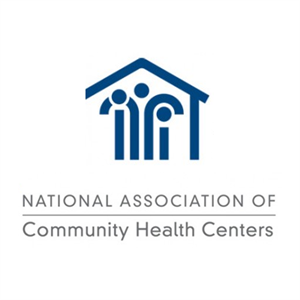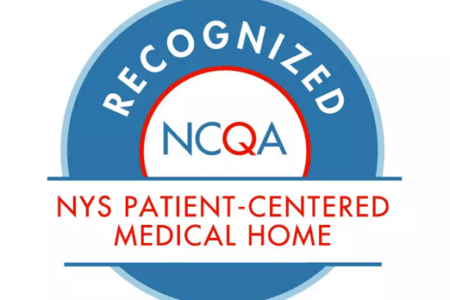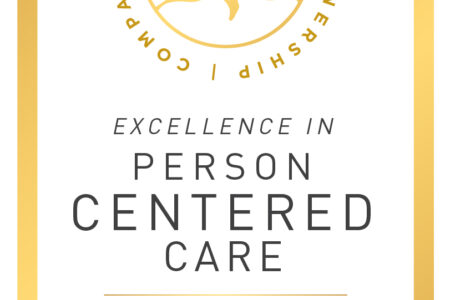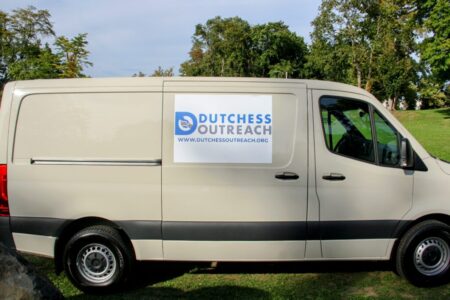News

Thanks to support from donors like you, Sun River Health hosts a year-round series of educational seminars for our physicians – enhancing their training and exposing them to advances in...

Sun River Health is proud to announce that we have been chosen as a recipient of the Nursing Pipeline & Pathways Grant from the National Association of Community Health Center...

Level 3, which is the highest level offered by the NCQA, recognizes our steadfast commitment to continuous quality improvement and delivering the highest quality patient care. It is thanks to...

On February 2, Sun River Health was awarded Gold Certification for Excellence in Person-Centered Care by Planetree International, the global leader in advancing person-centered health care solutions. The highest level of...

Did you know Sun River Health is the largest provider of OB services and births of all the FQHCs in New York State? Our teams welcome over 3,500 babies into...

AMENIA- A Ribbon Cutting ceremony will be held at Sun River Health in Amenia, NY on November 15, 2023, at 2 p.m. to celebrate, in partnership with Sun River Health, the...